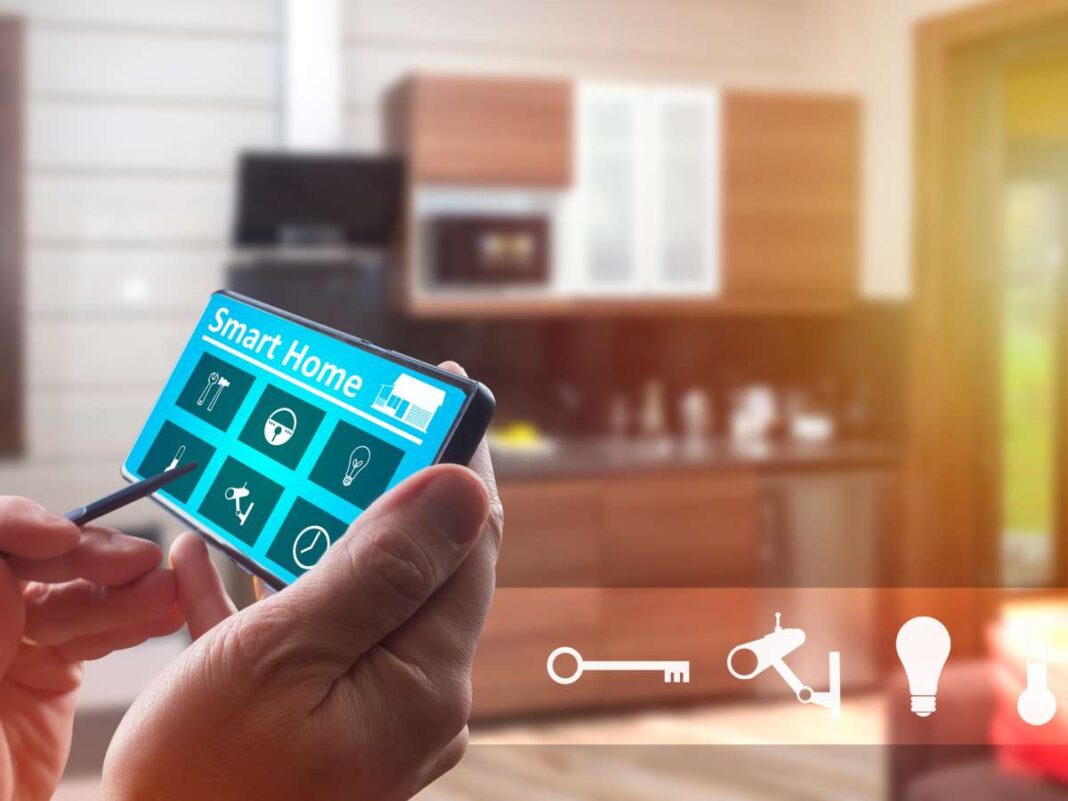In recent years, smart homes have evolved from a luxury to an integral part of our daily lives. They have transformed into intuitive environments that adapt to users’ preferences without manual input. This shift redefines how we interact with our living spaces, promising unprecedented convenience, efficiency, and personalization.
1) Advancements in Artificial Intelligence (AI) and Automation
At the heart of this transformation is the integration of advanced AI systems within homes. Homes are now equipped with AI-powered devices that can predict and understand the needs of inhabitants by analyzing routines and making adjustments automatically to lighting, temperature, and security systems. Voice assistants have evolved beyond basic command execution; they can engage in natural, multi-step conversations, process complex requests, and even recognize individual users to offer personalized interactions.
2) Integration of IoT and Interoperability
IoT plays an important role in creating a seamless smart home ecosystem. IoT is powering smart devices like lights, locks, thermostats, and community management services, making homes more energy-efficient and enhancing security. The interoperability of devices ensures that homeowners can manage their entire home environment through centralized hubs or voice commands, eliminating compatibility frustrations.
3) Health and Wellness Innovations
Beyond convenience, smart homes are enhancing our well-being. Integrated systems now monitor vital signs, suggest workouts, and maintain air quality, turning homes into proactive health guardians. For instance, smart mirrors can assess skin conditions, hydration, and wellness markers, providing personalized health tips and reminders.
4) Sustainability and Energy Efficiency
In response to growing environmental concerns, future homes are integrating cutting-edge technology with eco-friendly practices. AI-driven systems optimize energy consumption by operating high-powered devices during off-peak hours and analyzing consumption patterns for efficiency. Smart homes can significantly increase property value by improving air quality and offering precise environmental controls. Renewable energy integration, like solar panels and smart water management, reduces environmental footprints and contributes to cost savings.
5) Enhanced Security and Privacy
Connectivity and the demand for robust security measures develop concurrently. The rise of connected devices increases the risk of cyberattacks, making security and privacy critical concerns for future smart homes. Innovations such as AI-powered surveillance cameras with facial recognition and advanced encryption protocols are essential for protecting homeowners’ personal data and ensuring the safety of their digital environments.
6) Luxury and Personalization in Smart Living
The smart home industry also caters to the luxury market by offering high-end, personalized experiences. Epic Systems provides luxury homeowners with advanced smart home technology to enhance everyday living. From state-of-the-art home theaters to AI-driven lighting and climate control, these innovations are transforming homes into sophisticated, customized sanctuaries.
7) Smart Homes in Real Estate
The integration of smart technology is significantly impacting the real estate market. Homebuyers and developers value the functionality, long-term savings, and personalized living experiences offered by smart systems. Smart homes attract eco-conscious buyers and are becoming a critical asset in the housing market, influencing property values and demand.
8) The Future Outlook
As we look towards the future, the possibilities for smart homes are endless—the smart homes of the future promise adaptive systems, sustainable living, and personalized experiences. However, challenges related to cybersecurity, privacy, and accessibility must be addressed to prevent disruptions when bringing this to reality. Innovations aim to create homes that are intelligent, eco-conscious, secure, and tailored to individual lifestyles.
Conclusion
Smart homes are redefining daily life in 2025, offering unprecedented convenience, efficiency, and personalization. With advancements in AI, IoT integration, and sustainable practices, our living spaces are becoming more than just places to reside—they are evolving into intelligent partners that enhance our quality of life. As we embrace these cutting-edge technologies, we step into a future where homes are not just smarter but also contribute to smarter living.

